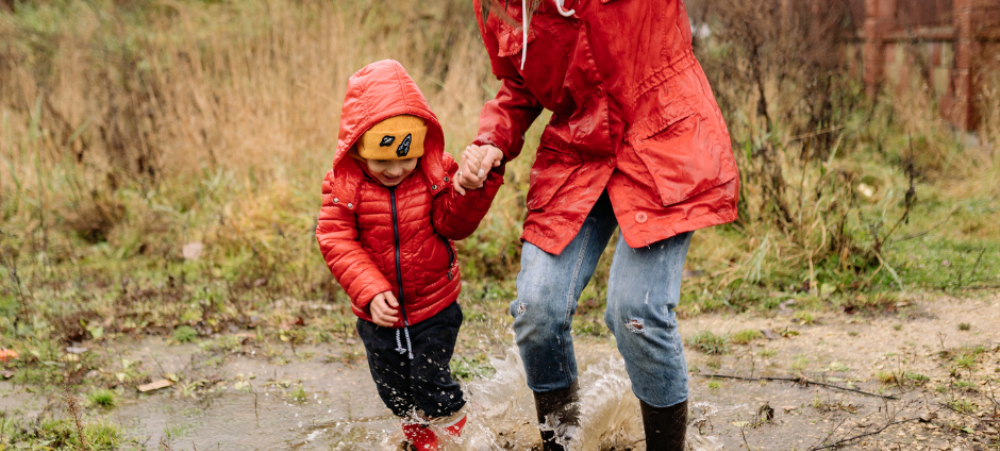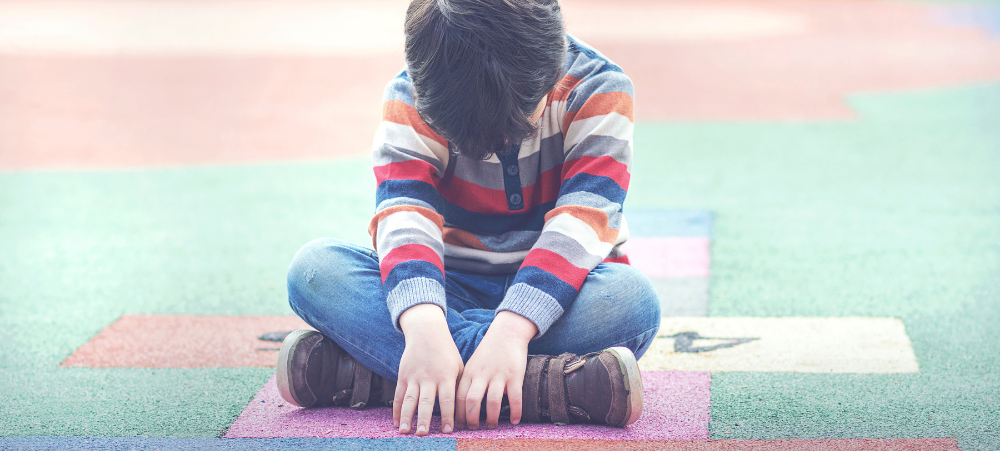
Winter Listening: Outdoor Sound Play for Children’s Growth
When we think of listening, we often imagine quiet, focused moments indoors — reading a story, following instructions, or singing a lullaby. But in reality, the world outside offers one of the richest soundscapes for nurturing a child’s listening development. Even in winter, perhaps especially in winter, nature becomes an immersive sensory classroom. It’s just a matter of tuning in. Winter is not silent. It whispers and whooshes. It crunches and drips. It hums, howls, and hovers with stillness, all of which offer rich opportunities for children to engage in listening, sensory play, and early auditory training. At NB Hearing and Balance, we believe in supporting children’s hearing health in a holistic way, and the outdoor environment provides a meaningful, natural space to help develop listening skills while encouraging curiosity and movement. Why Listening is More Than Hearing For young children, listening is an active process. It involves detecting sounds, distinguishing between them, interpreting what they mean, and learning to respond appropriately. These skills form the foundation of communication, learning, and social development. In children with normal hearing and those using hearing aids or cochlear implants, auditory training supports the brain’s ability to process and make sense of sound. One powerful way to build these skills is through sensory-rich environments, and winter landscapes, despite the chill, are full of unique sensory invitations. From the sound of boots crunching on frosted grass to the distant rumble of thunderclouds, every auditory encounter is a chance for growth. The Soundscape of Winter: A Natural Playground for the Ears Let’s take a closer (or rather, a deeper) listen to the sounds of winter. You may be surprised how much is happening when you pause to hear it: When we frame these everyday moments as meaningful listening experiences, we’re not just going for a walk; we’re participating in auditory learning. Linking Nature Sounds to Sensory Play Sensory play is essential to early development. It helps build nerve connections in the brain, supports language development, and promotes fine and gross motor skills. Importantly, it also fosters mindfulness and emotional regulation. By incorporating listening into sensory play outdoors, parents and educators can encourage whole-child development. Try some of these activities: The Role of Listening in Auditory Training Children with hearing difficulties, whether permanent or temporary, benefit greatly from intentional auditory training. Outdoor sound-based play can be part of a structured approach to developing these skills. The unpredictable nature of outdoor environments challenges children to listen carefully and adapt to new sound patterns, supporting the development of auditory memory and attention. For children using hearing aids or cochlear implants, caregivers can: At NB Hearing and Balance, we work closely with parents to personalise listening goals based on each child’s developmental needs and hearing profile. The environment, indoors and out, becomes part of the therapeutic toolkit. Tips for Safe and Successful Winter Listening Play Listening is Learning — Wherever You Are Winter’s soundscape may be subtle, but it’s filled with opportunity. When we bring children outside and guide them to listen with curiosity, we’re nurturing not just hearing, but awareness, attention, language, and joy. At NB Hearing and Balance, we advocate for natural and engaging ways to support your child’s auditory development. If you have concerns about your child’s hearing, speech, or sensory responsiveness, contact our team — we’re here to help you navigate the journey toward stronger listening, inside and out. Give us a calll, we are conveniently located in Cape Town, we help families connect through sound from Fish Hoek, to Hout Bay, Wynberg, to Sea Point, and the Durbanville surrounds.







